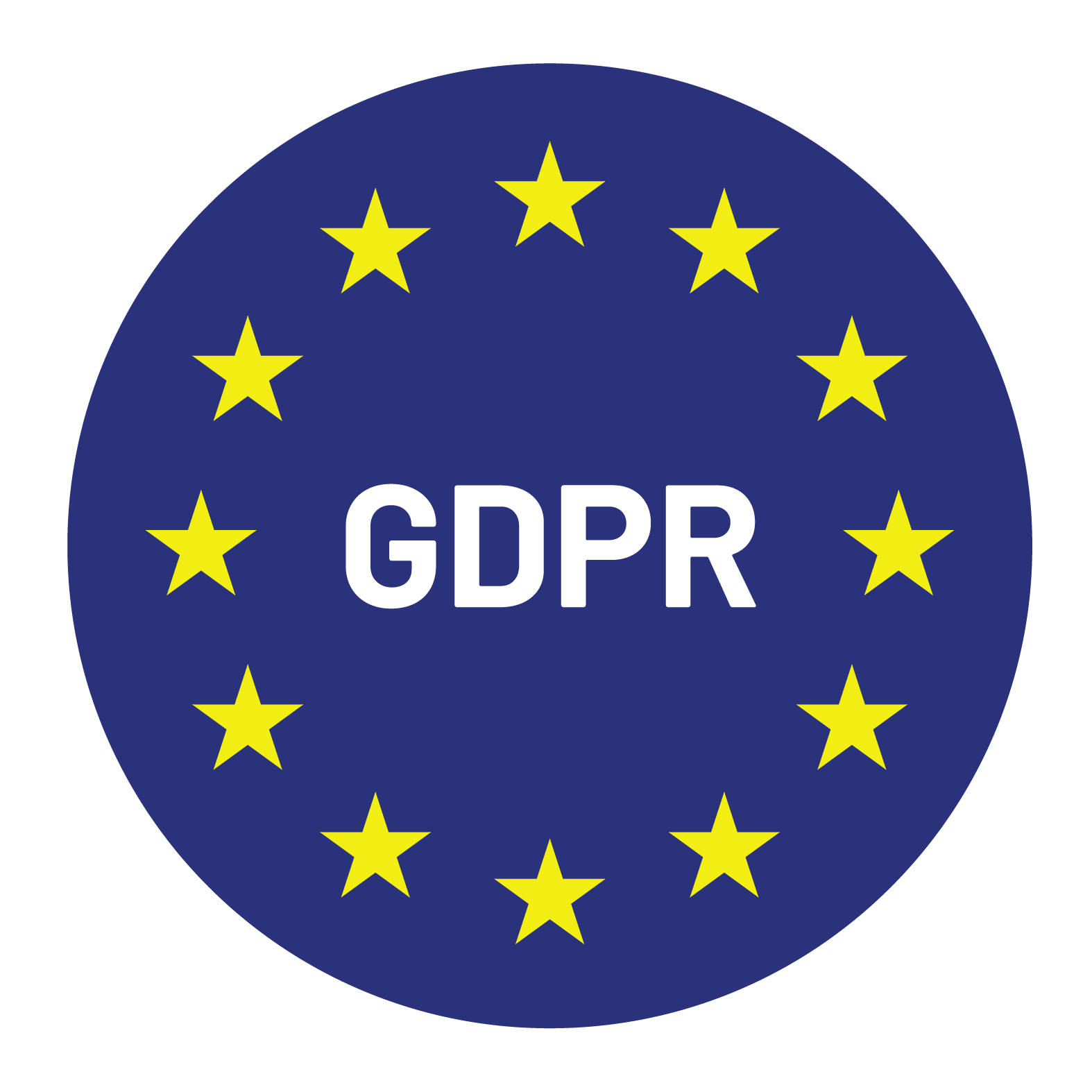

Marketing Coordinator for Whistle, passionate about content creation and over six years experience in digital marketing.
Sales teams are always seeking creative ways to expand their reach, generate leads, and boost revenue. One strategy that has gained traction in recent years is the use of Offshore Sales Development Representatives (SDRs). These professionals play a crucial role in sales and marketing by leveraging their skills and resources from various corners of the globe. In this blog, we will delve into the world of Offshore SDRs, exploring their definition, roles, benefits, as well as the associated risks and challenges. By the end, you’ll have a comprehensive understanding of how offshore SDRs are shaping the future of sales development.
To begin our exploration, let’s define what a Sales Development Representative (SDR) is and how they fit into the sales team’s structure. SDRs are vital members of sales departments, primarily responsible for generating leads and prospects through demand-generation activities. Unlike Business Development Representatives (BDRs), who are usually newer to the sales field, SDRs are considered more experienced and skilled in lead generation. Their main focus is identifying and qualifying potential customers, ensuring that the sales team only engages with high-potential leads. SDRs are often found in SaaS (Software as a Service) companies, where lead generation is essential for growth.
The role of SDRs is multifaceted, involving a range of tasks that are essential to the success of a sales team. Their primary responsibility is to generate and qualify leads, ensuring that the sales team spends their time and efforts on prospects with genuine interest and potential. SDRs engage in activities like cold calling, sending emails, and setting follow-up appointments. They are also responsible for nurturing leads, which means maintaining a relationship with potential customers until they become warm leads, ready to engage with the sales team. The work of SDRs is pivotal in bridging the gap between marketing and sales, ensuring a seamless transition of leads from one stage of the sales funnel to the next.
Building Trusted Relationships
In the world of sales, it’s crucial to build trusted relationships with potential buyers. Offshore SDRs, often referred to as social sellers, need to focus on not only generating leads but also on nurturing these leads through personalized communication. This personal touch can be achieved through various means, including social selling tools and social listening. By actively engaging with potential customers on social media platforms, SDRs can establish a stronger personal brand, making potential buyers more receptive to their outreach.
Enhancing Sales Prospecting
Sales prospecting is a critical aspect of an SDR’s role. It involves identifying potential customers who are likely to have pain points that your product or service can address. Offshore SDRs should leverage their knowledge and expertise to pinpoint the pain points of potential customers accurately. This requires a deep understanding of the target market and the ability to tailor communication to address specific pain points effectively.
The Role of Outsourced SDR Teams
Many companies choose to outsource their SDR functions to specialized teams. Outsourced SDRs bring expertise and efficiency to the lead generation process. However, it’s essential to have clear job descriptions and expectations when working with outsourced SDR teams. A sales manager plays a crucial role in overseeing and coordinating with these teams to ensure they align with the company’s goals and values.
Focus on Closing Deals
While Offshore SDRs are primarily responsible for lead generation, they should also collaborate closely with the sales team to ensure a smooth transition from lead to deal. When you build relationships with potential customers, it can facilitate this process, as it creates a foundation of trust that can make closing deals more straightforward.
Offshore Sales Development Representatives (SDRs) are instrumental in expanding a company’s reach and driving revenue growth. Their role encompasses various tasks, including cold calling, lead generation, and relationship building. By focusing on building trusted relationships, enhancing sales prospecting, and effectively managing outsourced SDR teams, companies can leverage offshore SDRs to take their sales processes from local to global and shape the future of sales development.
Now that we have a solid understanding of the role and responsibilities of SDRs, let’s dive into the advantages of employing offshore SDRs. Offshoring, or outsourcing SDR roles to professionals located in different regions, has gained prominence due to the numerous benefits it offers to businesses.
Cost-Effectiveness
One of the primary advantages of offshore SDRs is cost-effectiveness. Businesses can tap into a global talent pool and hire skilled professionals in regions with lower labor costs. This cost-saving strategy allows companies to allocate their resources more efficiently, ensuring that the budget is used to maximize results, especially in the context of sales processes.
Access to a Wider Talent Pool
By going offshore, companies gain access to a broader talent pool. They can recruit individuals with diverse skill sets, experiences, and perspectives that can enrich their sales and marketing strategies. Offshore SDRs often bring fresh ideas and innovative approaches to sales prospecting, driving creativity within the outsourced SDR team and helping identify and address pain points effectively.
Diverse Perspectives
Offshore SDRs can provide valuable insights into different markets and cultures, which can be instrumental in expanding a company’s global reach. Their diverse perspectives can help businesses tailor their messaging and approach to resonate with international audiences, breaking down cultural barriers and fostering better customer relationships, ultimately leading to a stronger personal brand for the company.
Working Across Different Time Zones
Operating with offshore SDRs enables businesses to provide 24/7 coverage to their clients and prospects. With teams working across different time zones, companies can engage with leads and customers at any hour, increasing their responsiveness and enhancing customer satisfaction.
While offshore SDRs offer compelling benefits, it’s essential to consider the associated risks and challenges.
Impact on Business Growth
Hiring offshore SDRs can significantly impact business growth. It can be a double-edged sword, as it requires careful management and coordination to ensure that the offshore team aligns with the company’s goals and strategies, a task often overseen by the sales manager. Ensuring the same level of agility and adaptability as an in-house team can be a challenge.
Adaptability to Market Changes
The business world is dynamic, and market conditions can change rapidly. Offshore SDRs may face challenges in adapting to these changes, especially when they are located in regions with different economic and cultural contexts. Businesses must provide proper training and resources to help offshore SDRs stay updated and responsive to shifting market dynamics.
Language and Cultural Barriers
While diverse perspectives are a benefit, they can also pose challenges. Language barriers and cultural differences can lead to miscommunication and misunderstandings, potentially impacting the quality of leads generated. Effective communication and cultural sensitivity training are essential to mitigate these challenges, especially when engaging with potential buyers.
Regulatory and Compliance Issues
Offshoring SDR roles may introduce regulatory and compliance complexities. Different countries have varying rules and regulations related to data privacy and telemarketing, which businesses must navigate carefully to avoid legal complications. Ensuring that outsourced SDRs adhere to these regulations is vital.
Offshore SDRs represent a promising avenue for businesses looking to expand their reach, optimize their lead-generation efforts, and operate more efficiently. The advantages they offer, including cost-effectiveness, access to diverse talent, and global coverage, make them a valuable asset to modern sales teams. However, it’s crucial for businesses to be aware of the potential risks and challenges associated with offshoring and to implement effective management and training strategies to maximize the benefits while mitigating the downsides. By embracing offshore SDRs strategically, companies can position themselves for success in the ever-evolving global marketplace.


© Copyright – Whistle 2023